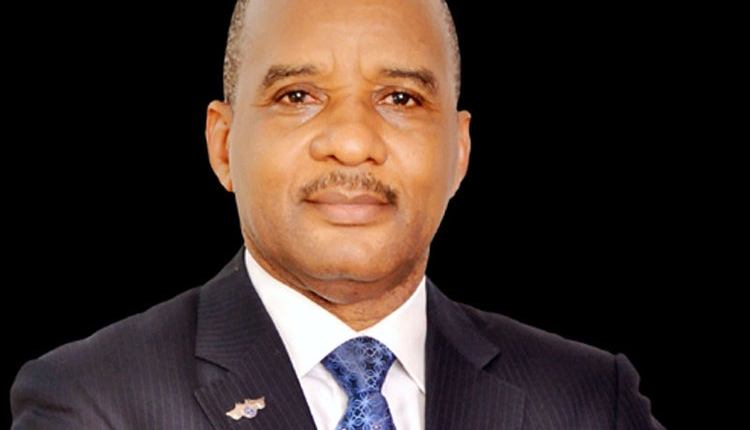24/7 Operations Gathers Pace

There is a major move by the regulatory agencies in the maritime and shipping industry to modernize the industry got a further boost, yesterday, with chief executives of five key regulatory authorities outlining action plans, updates, and timelines for key deliveries.
The areas under immediate action are the digitization of port operation with a view to reducing human contact, cost and increase efficiency; An insurance scheme to replace the controversial container deposit fee paid by importers; and establishment of a port community system which will run 24 hours’ operation to deliver cargoes within the shortest possible time.
The chief executives are those of the Nigerian Maritime Administration and Safety Agency, NIMASA; the Nigerian Ports Authority, NPA; the Nigerian Shippers Council, NSC; the National Inland Waterways Authority, NIWA; and the Council for the Regulation of Freight Forwarding in Nigeria, CRFFN.
Speaking at the second session of the inter-agency platform for the industry reform in Lagos, yesterday, Executive Secretary of the NSC, Mr. Hassan Bello, said that over N1.7billion was collected every year from Nigerian importers as container deposit fees, but stated that this would be stopped quickly.
Bello said that a marine insurance scheme will replace the container deposit fees before the end of the first quarter of next year.
He disclosed that even the shipping companies were also in tune with the Council’s move to scrap container deposit fee as the issue has become a burden for them.
“By the end of first quarter next year there will be no container deposit. It will be a simplification of the system because they too have become burdened with their systems over-stretched by the needless container deposit.
So I think we will get cooperation from them,” Bello stated. Also speaking on digitization, Bello said already about 63 percent of port operations were done online in the last one year adding that by the first quarter of 2021, the entire port community would have achieved 100 percent of digitization.
Besides, the chief executives also resolved to bridge the regulatory gaps between them by setting up a committee to ensure 24 hours’ port operation to deliver cargoes within the shortest possible time.
It was also agreed that a multi-modal transport system with an emphasis on the rail to ease pressure on the port access road, will be pursued vigorously. The CEOs agreed that operations of the Nigerian Railway Corporation, NRC, will also be co-opted for the deployment of wagons to the ports.
Director-General of NIMASA, Dr. Bashir Jamoh, said that the multi-modal approach of cargo delivery was one thing the port community system will also pursue with the functionality of waterways mode of transportation.
He said: “All the chief executives of the Nigerian maritime agencies meet every month where we sit down and deliberate on the common area where we have challenges with a view to moving the Nigerian maritime industry forward.
“At the meeting, we deliberated on so many issues on the way forward and some of the issues we discuss today are the issue of the Port Community System.
We agreed that we are going to have a Committee that will look into the operationality of the port community system where the community will have a say on whatever we do in the Nigerian maritime domain. “We also agreed to look into 24 hours and seven days operationality of the Nigerian port system.
The committee of the chief executives observed that port efficiency and effectiveness cannot be achieved without 24 hours’ port operations system.
In the next meeting, we will have an interim report on how we will implement our own action plan, the action plans will come with deliverables as well as Key Performance Indicators, KPIs, on how to move the issue of operationality of our port system 24/7.”
Ayooluwa Joshua

